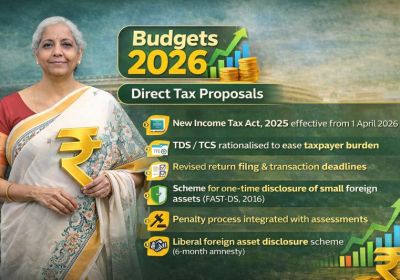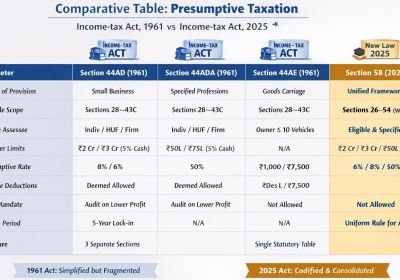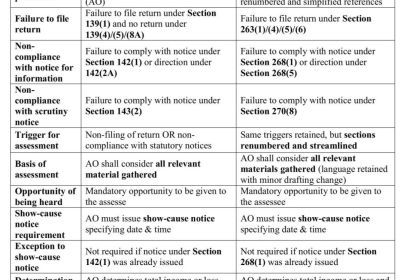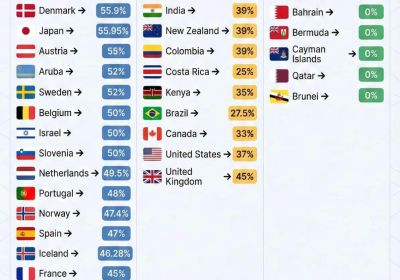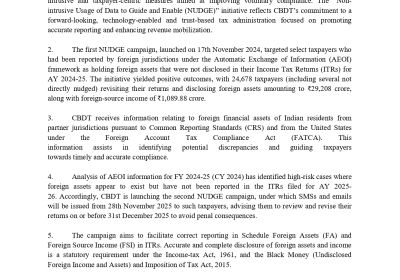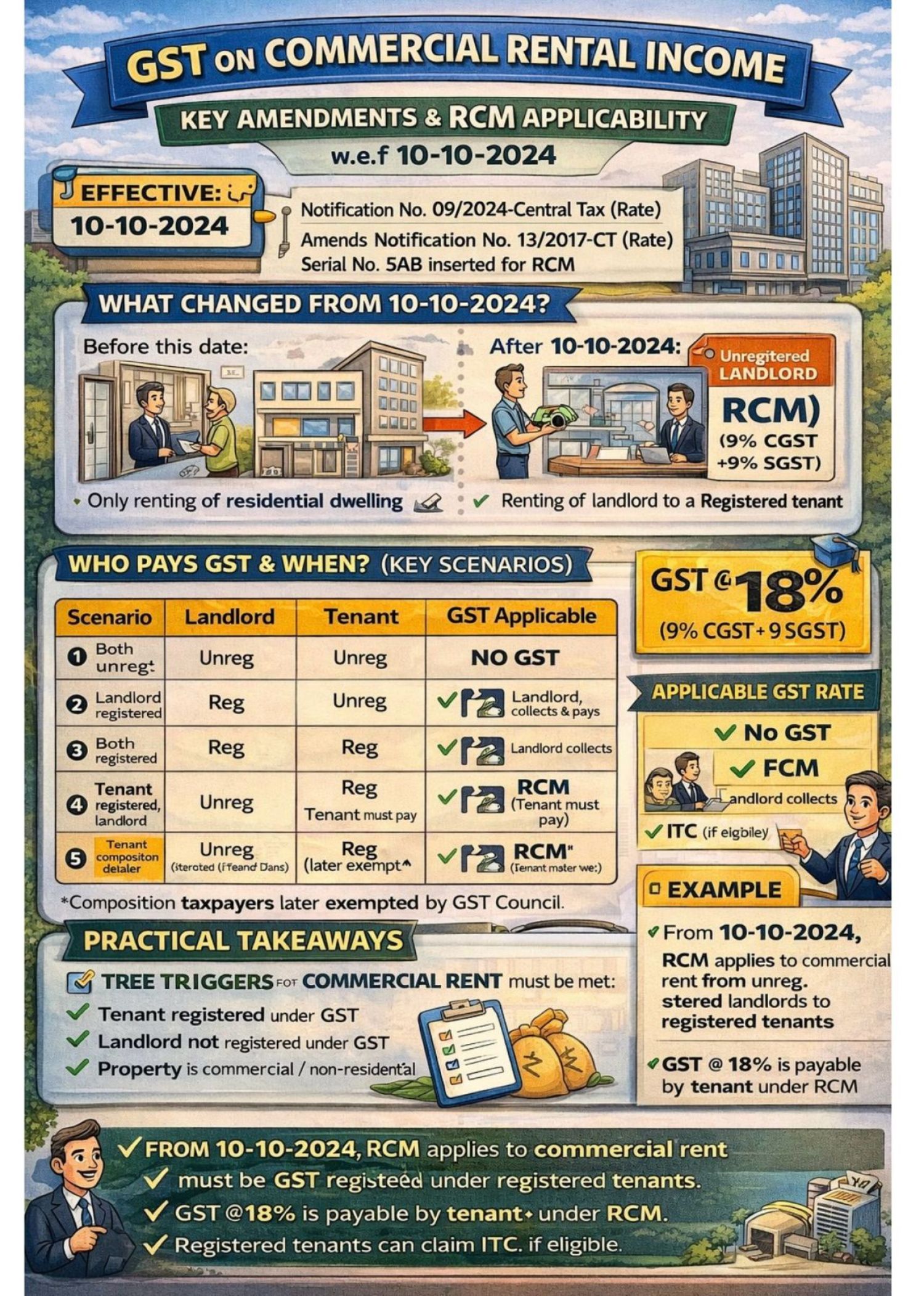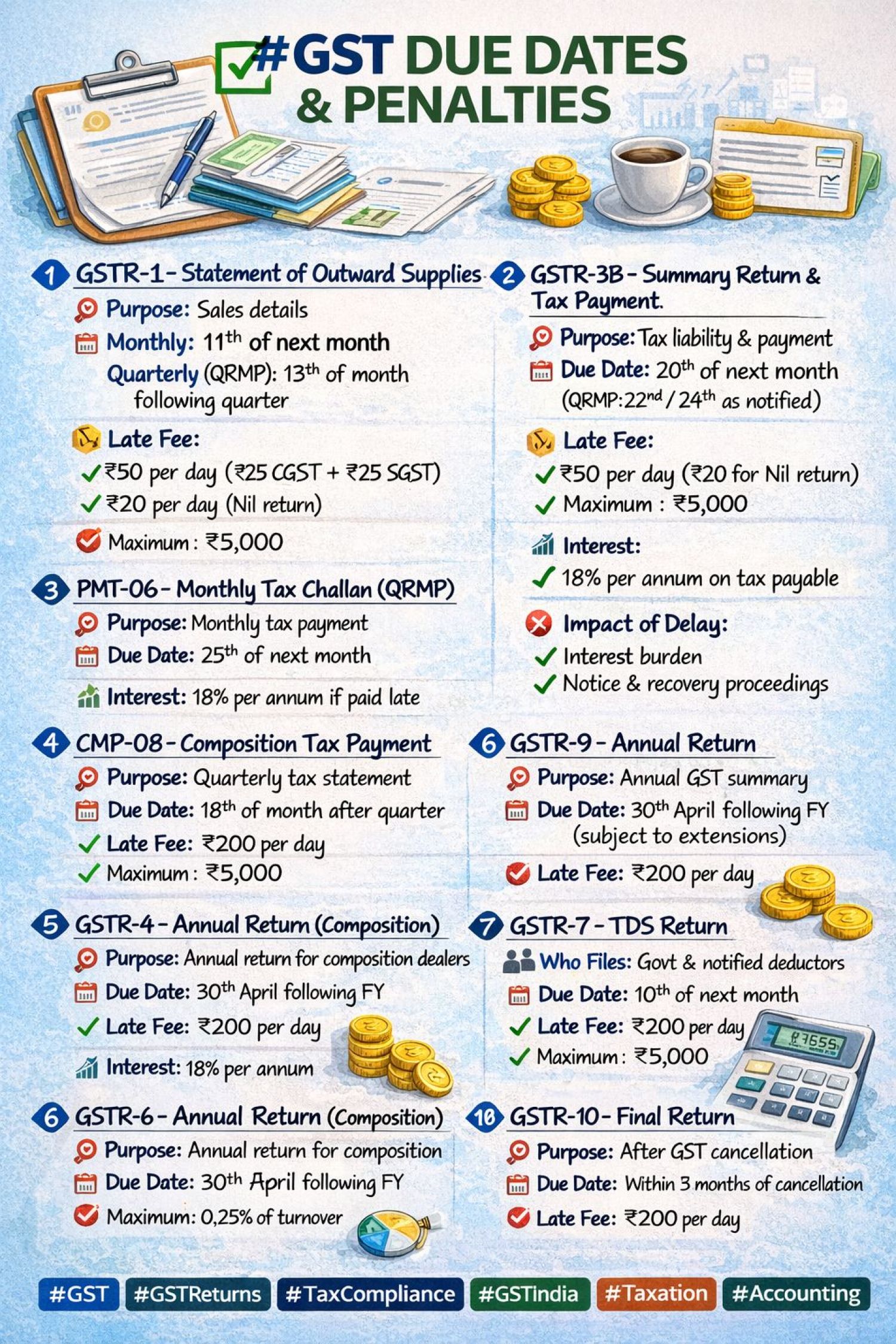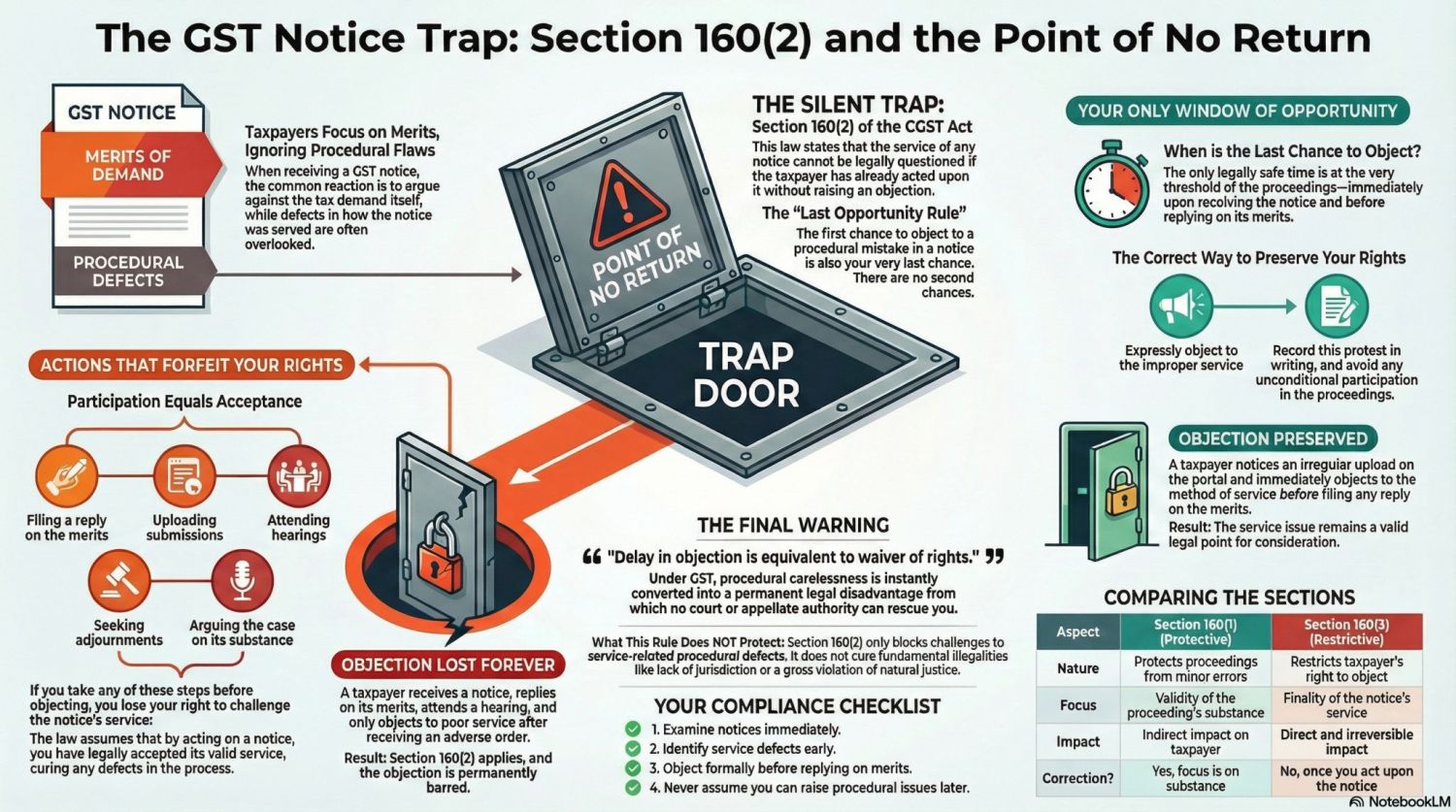Table of Contents
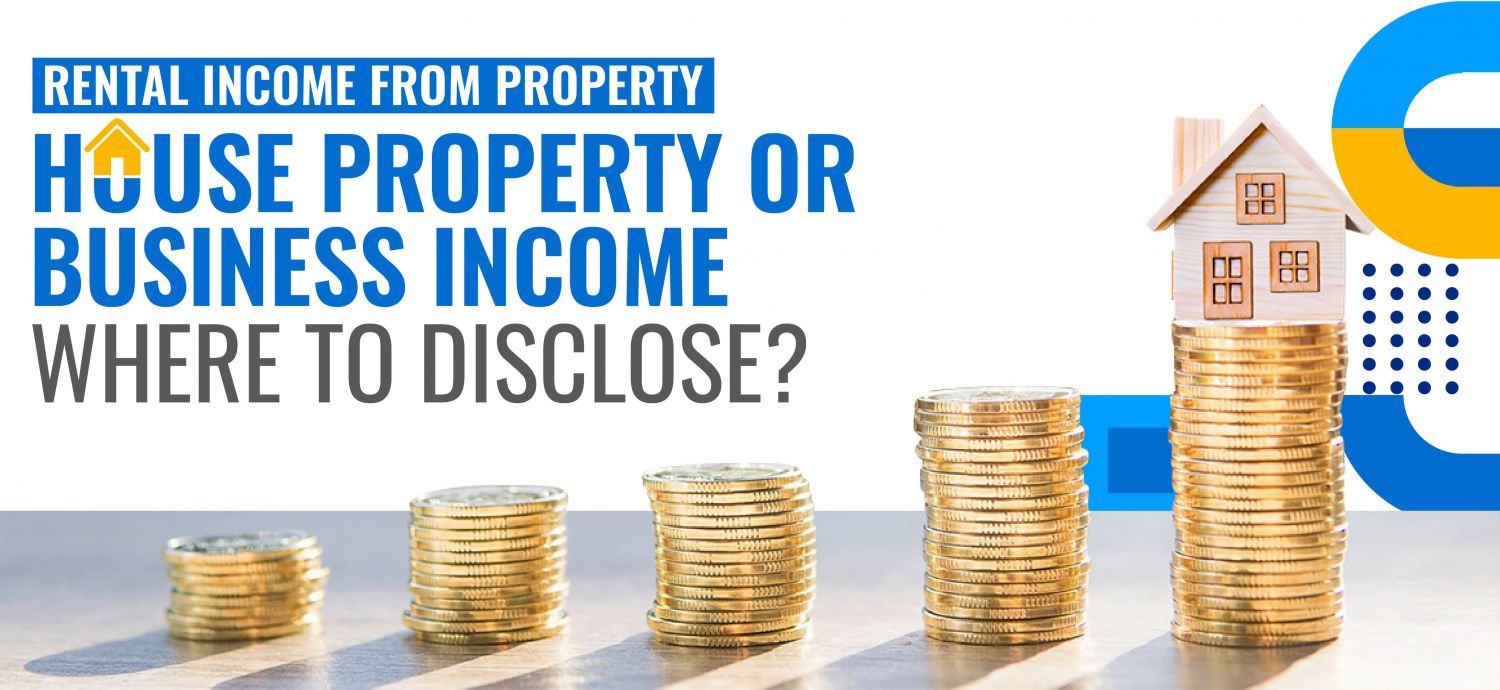
Rental income income under the head house property or business income where to disclose
The treatment of revenue from the rental of immovable properties for tax reasons has been a point of conflict between the Income Tax Department and taxpayers. Depending on whether the rental income is considered as house property or business income, it has different connotations.
Income may mainly come under the below 2 heads of income in the Income Tax Act
- Income from Business and Profession or
- Income from House Property,
If the rental income is declared as income from a house, a maximum tax deduction of 30% of the Net Annual Value may be claimed under section 24 of the Income Tax Act of 1961. This deduction is for the property's repair and maintenance. Besides the standard deduction, only municipal taxes and interest paid on capital borrowed for acquisition, building, reconstruction, repair, or other reasons (subject to limitations imposed by the Act) can be claimed from rental income.
This deduction is made either way of the owner's actual expenses. The overall tax benefits available to the taxpayer are restricted. Any expense incurred wholly and exclusively for the business of renting, on the other hand, shall be permitted as a deduction for tax purposes if taxed as income from business.
Due to the lack of limitations on deductions under the PGBP, assessees choose to treat rental income from the lease of immovable property as income from business, resulting in revenue loss for the government. As a result, the IRS scrutinises each instance to dissuade people from claiming it as business income.
The income tax dept stance in such cases is based on the Supreme Court's decision in East India Housing and Land Development Trust Ltd vs CIT, in which the Hon'ble Supreme Court held that specific provisions trump general provisions, and thus the income derived by the company from shops and stalls is income received from property and falls under the specific head 'Income from House Property' only because it is received by the company formed with the purpose of developing housing.
As a result, the department believes that if the Act establishes a specific heading for property income, such as 'income from House Property,' the income obtained from renting immovable property should be charged only under that heading.
The taxability of rental income obtained through leasing immovable property is a source of contention between taxpayers and the income tax department. Certain essential elements have formed as cornerstones for categorising rental income under the heading PGBP over time and following numerous judicial decisions.
Basic Prominent principles to classify Rental Income as Business Income –
1: The assessee's intention is to do business - this intention can be inferred from the lease agreement, the Memorandum of Association's objectives, and the parties' subsequent activity.
Active property ownership - if a property produces rental revenue solely due to its legal existence, it is considered passive ownership and may be classified as House Property.
2: The assessee's constitution documents state that the primary goal is to hold the properties (probably not for profit) and lease them out to collect rental income – The assessee's actions should be compatible with the constitution documents.
3: To obtain a better understanding of the above-mentioned principles, consider some of the related decisions of the court.
Conclusion:
- Rental income can only be considered under the heading 'Profits or Gains from Business or Profession' if the person can prove that it is in line with the firm's primary aim based on the firm's constitution documents and activities.
- It is prudent for individuals to consider rental income under the heading 'Income from House Property' if they do not have a business with a similar aim since it is required to show that rental income is in accordance with the ancillary or main objective of business.
- And, if they want to include it as business income, they'll need solid evidence and documentation to prove that the rental income is related to the ancillary/main purpose of the firm.
- For the purposes of classification, the above-mentioned treatment applies to rental income from both residential and commercial properties in the same manner.
For query or help, contact: singh@carajput.com or call at 9555 555 480

